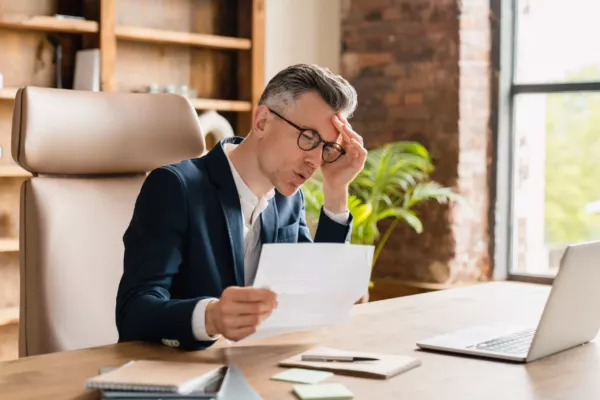You’ve probably heard credit card companies claim that people go bankrupt because they can’t control their spending. However, the fact is that you don’t have to misuse your credit cards to go into bankruptcy. People many times in the past have filed for bankruptcy with bankruptcy courts for reasons other than overspending. This blog will discuss New Jersey bankruptcy basics.
Financial problems have risen from all kinds of causes, not just irresponsible spending. Many people who file for bankruptcy became debtors following unfortunate circumstances beyond their control, such as job loss, business failure, illness, accident, or divorce. Declaring bankruptcy is often the last resort for a debtor. Many choose to get out of debt through their own efforts before conceding the need to declare bankruptcy.
Bankruptcy Law

The Bankruptcy Act refers to a federal law providing individuals and businesses the means to have a fresh financial start by reducing or removing their debt. Bankruptcies start with the filing of the bankruptcy petition. If successful, the bankruptcy process ends in a satisfactory bankruptcy discharge. Take note that a bankruptcy case does not always result in the elimination of all debt. This is because certain debts, like child support, are not dischargeable.
The bankruptcy code is what filers refer to in declaring bankruptcy. It presents the different types of bankruptcy so debtors can choose under which bankruptcy chapter they can file their petition. For individuals, personal bankruptcy is usually a choice between Chapter 7 and Chapter 13.
Bankruptcy Chapters
Chapter 7 is called a “Big Eraser” since it involves a shorter process that focuses on the liquidation of the filer’s non-exempt assets. A debtor has to pass a means test to qualify to file under it. Meanwhile, Chapter 13 involves debt reorganization. It pertains to a much longer process of executing a forced repayment plan, but it does have a lot of attractive benefits, including a super discharge. Bankruptcy cases under Chapter 13 also allow filers to hold on their property as long as they faithfully make payments in a span of three to five years. The payment plan is based not on how much they owe, but on what they can afford to pay.
Bankruptcy Proceedings
One of the convincing factors in filing for bankruptcy is the benefit of bankruptcy protection, particularly the element of the automatic stay or automatic stop. It prevents creditors and collection agencies from continuing their debt collection attempts. When a debtor files for bankruptcy court protection, no creditor of his or hers may pursue foreclosure, wage garnishment, tax levy, or any other form of collection.
Filing bankruptcy can be a long and tedious process with choosing the best bankruptcy option, filling out bankruptcy forms, gathering the necessary documents, and providing accurate bankruptcy information. There are many things to consider in making the right choices. For instance, there is a matter of secured debt attached to a property serving as collateral, e.g. car loan or mortgage. Payment has to be continued to avoid a court order to turn over the property. Bankruptcy exemptions also factor in the filer’s decisions. Exemptions and bankruptcy laws vary from state to state. Therefore, it’s important to consult a local bankruptcy lawyer regarding a New Jersey bankruptcy case.
Considering Bankruptcy? Get Legal Advice from a New Jersey Bankruptcy Attorney Today!
Do you want to declare bankruptcy? Besides understanding New Jersey bankruptcy basics, the best first step is to consult a lawyer to determine the most suitable debt relief solution for your case. Bankruptcy lawyers offer invaluable assistance from the time before filing, through the entire process, and even after bankruptcy. If you want wipe out your debt, call to speak with an experienced New Jersey bankruptcy attorney.


